Searching for Spring
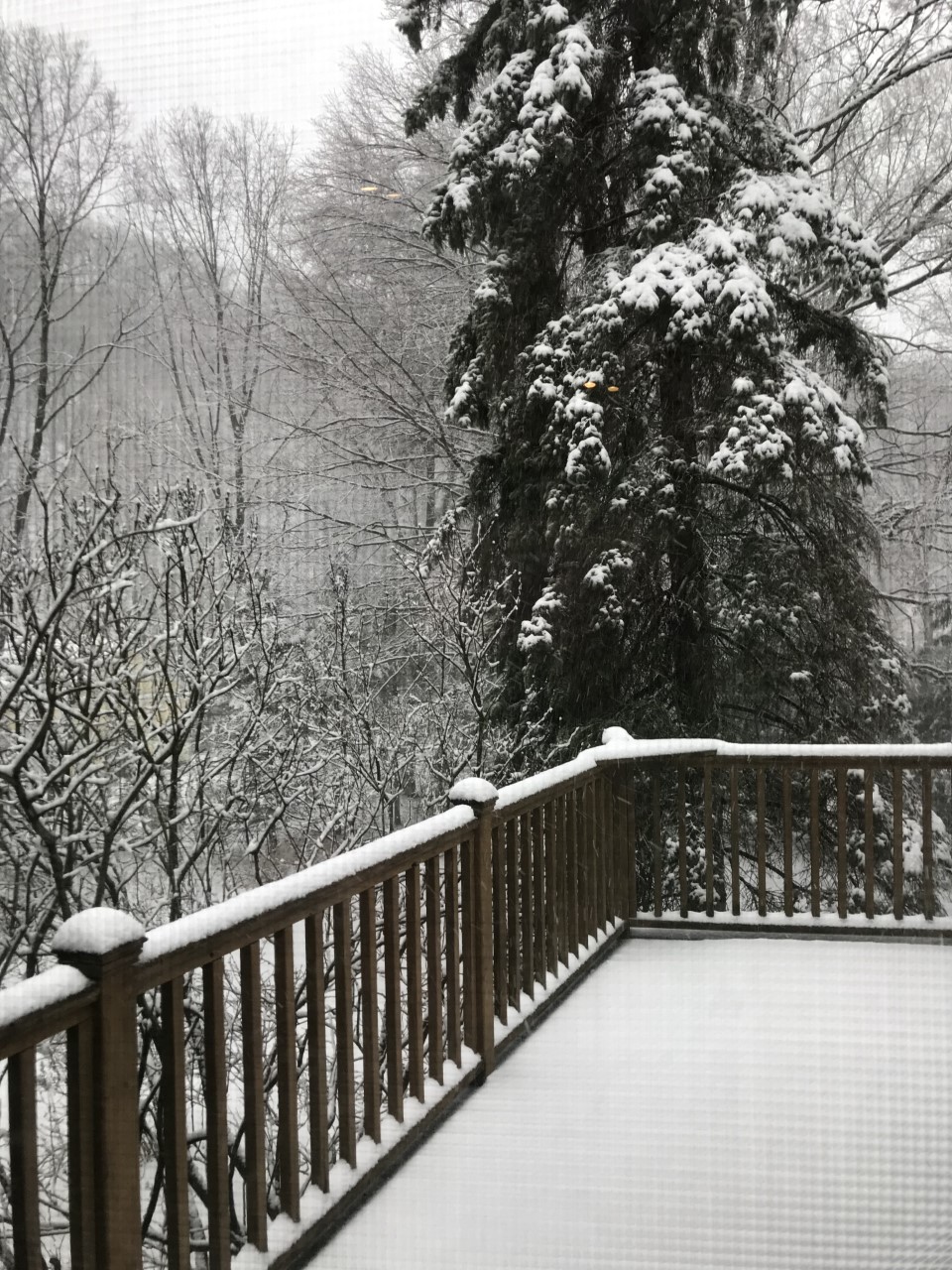
Spring has been a long time coming to my corner of southwest Michigan. This was the view from my window just a few weeks ago in April. Not very inspiring! But the weather has finally warmed up enough for me to go biking again—if I bundle up. My husband and I took a short, twelve mile ride the other day and I decided to search for signs that spring is finally here. These are some of the sights we saw from our favorite bicycle trail:
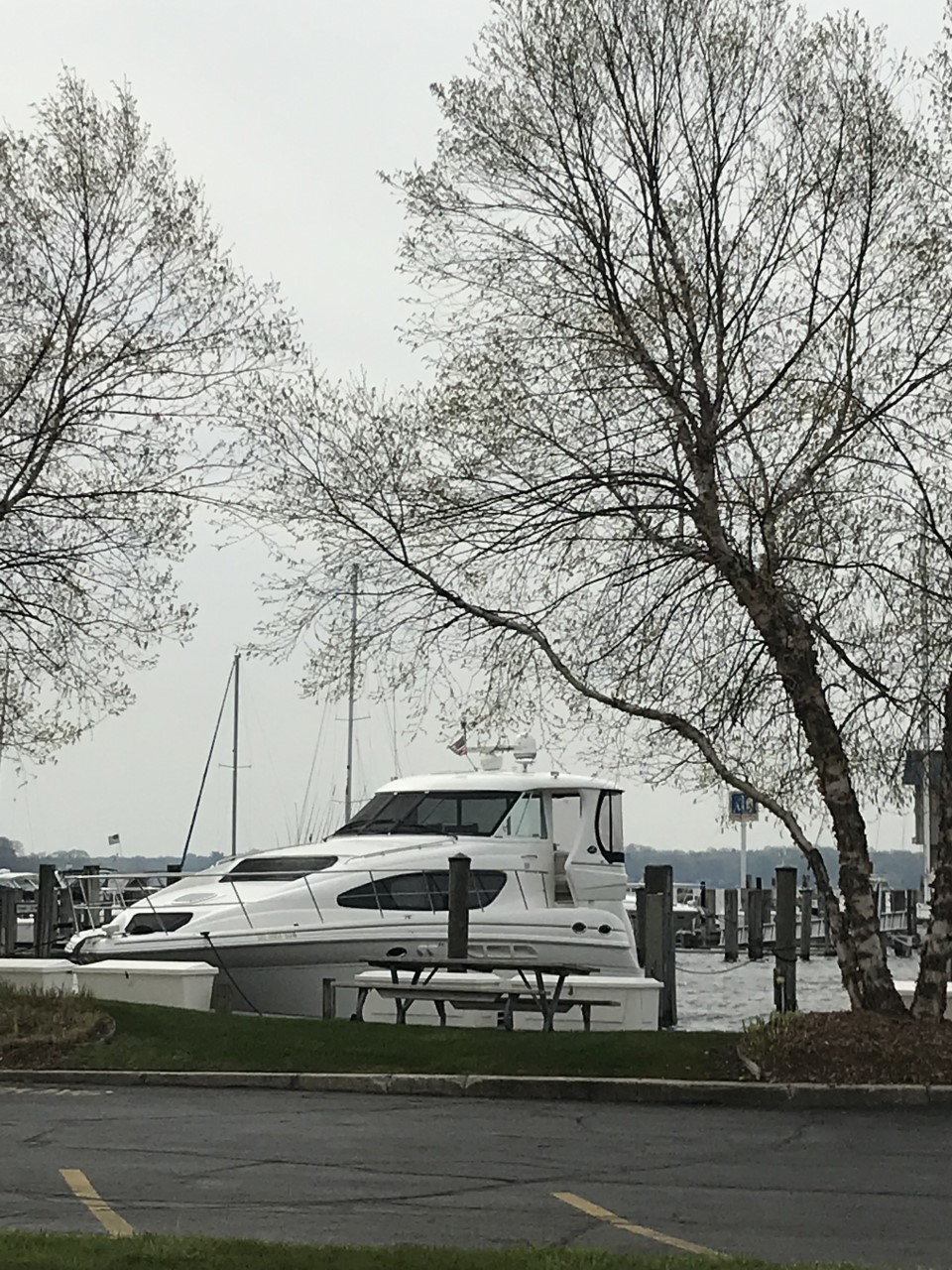
The boats are coming out of storage for the season and filling the marina.
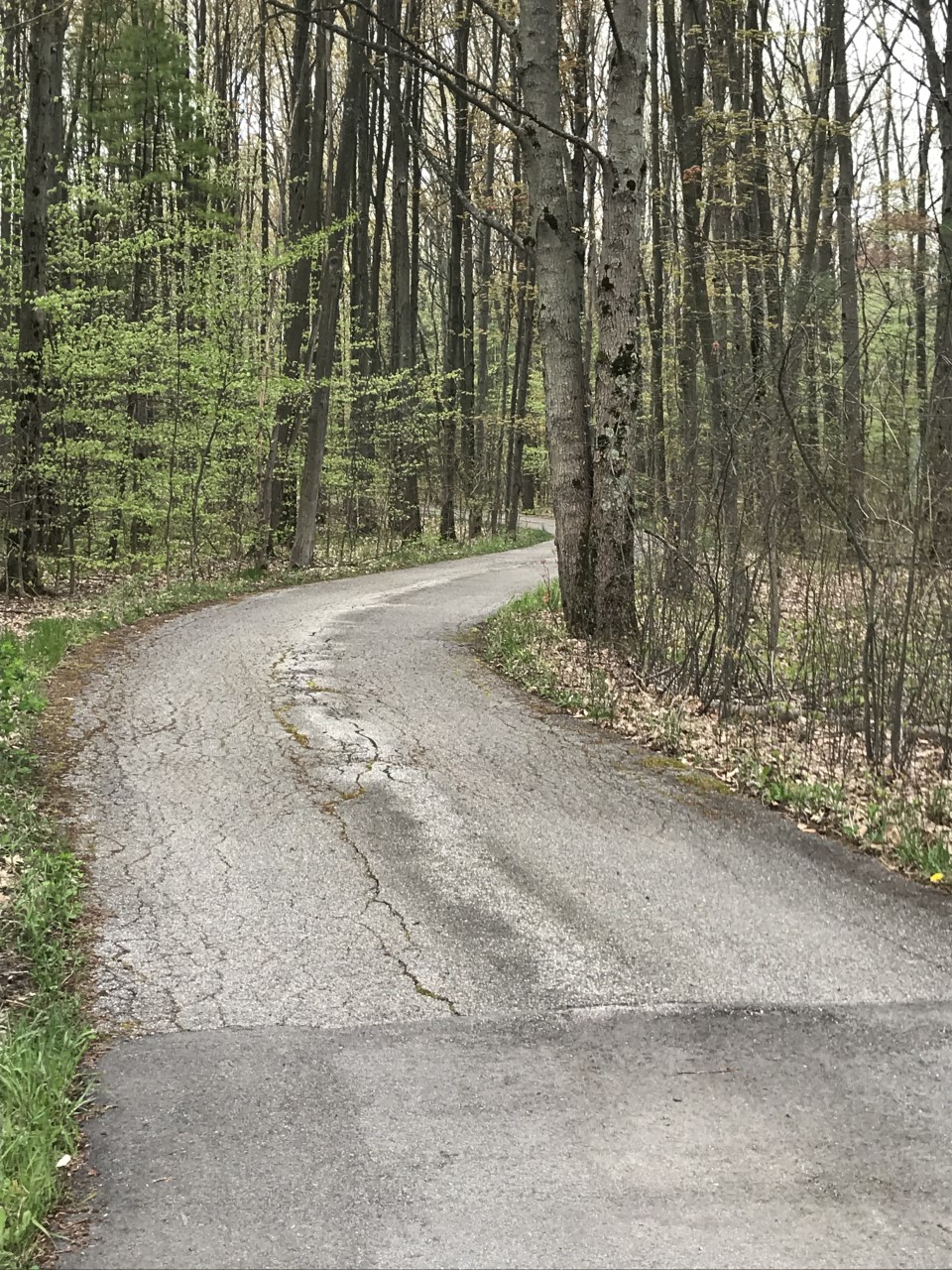
The underbrush in the woods is starting to turn green.

Wildflowers are in bloom!
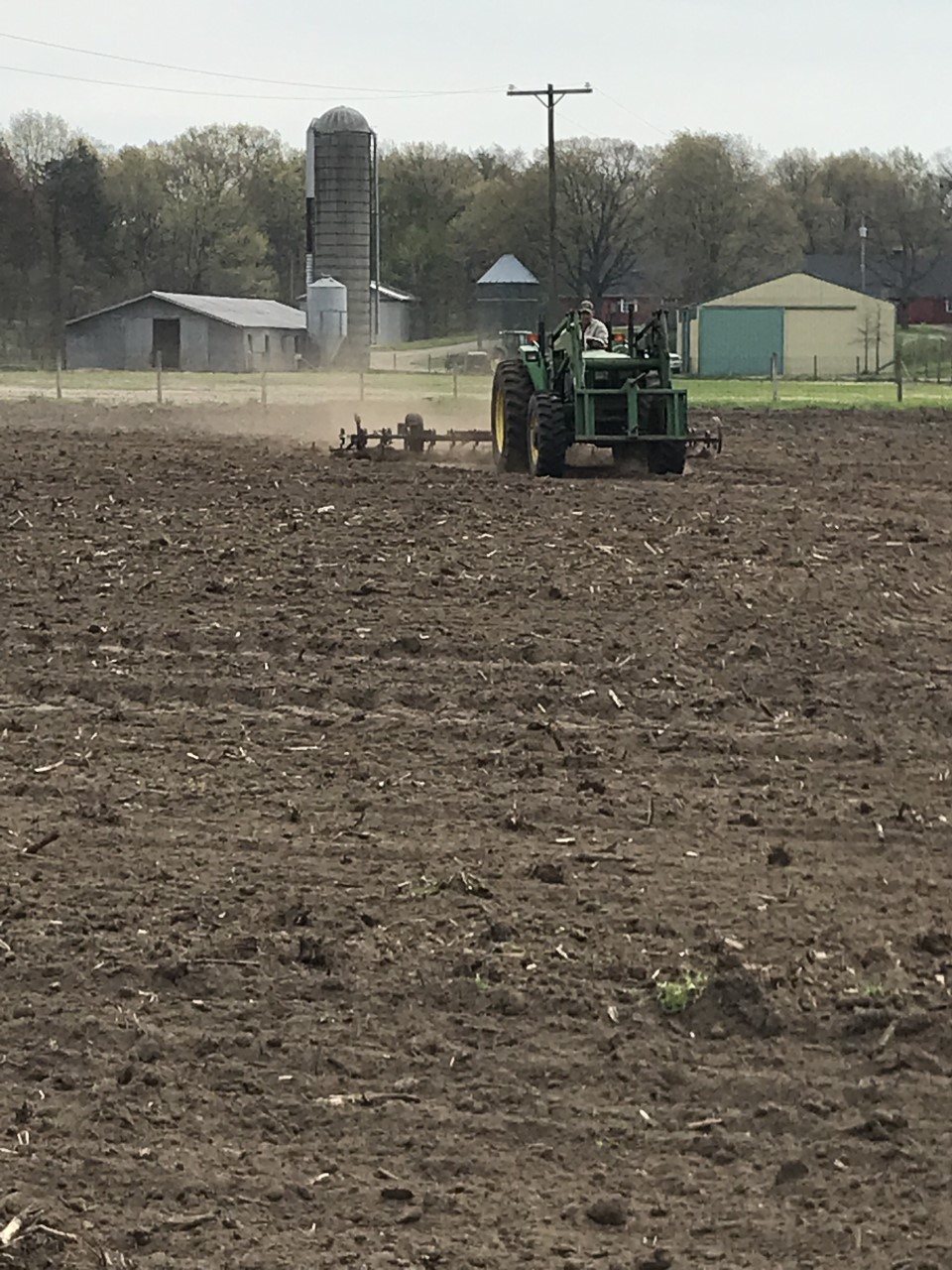
Farmers are plowing their fields.

Fruit trees are blossoming.

And this park along Lake Michigan is open again—one of our favorite spots for a (chilly) picnic lunch.
All in all, these hints of spring give me hope for warmer days, and future summer bike rides. I can even begin to imagine sitting on the beach with a good book to read. Spring is a season of hope. I often wonder if Adam and Eve despaired that first winter after they left Paradise, wondering if those “dead,” barren trees would ever live again. How they must have rejoiced to see flowers bloom and new buds appear!
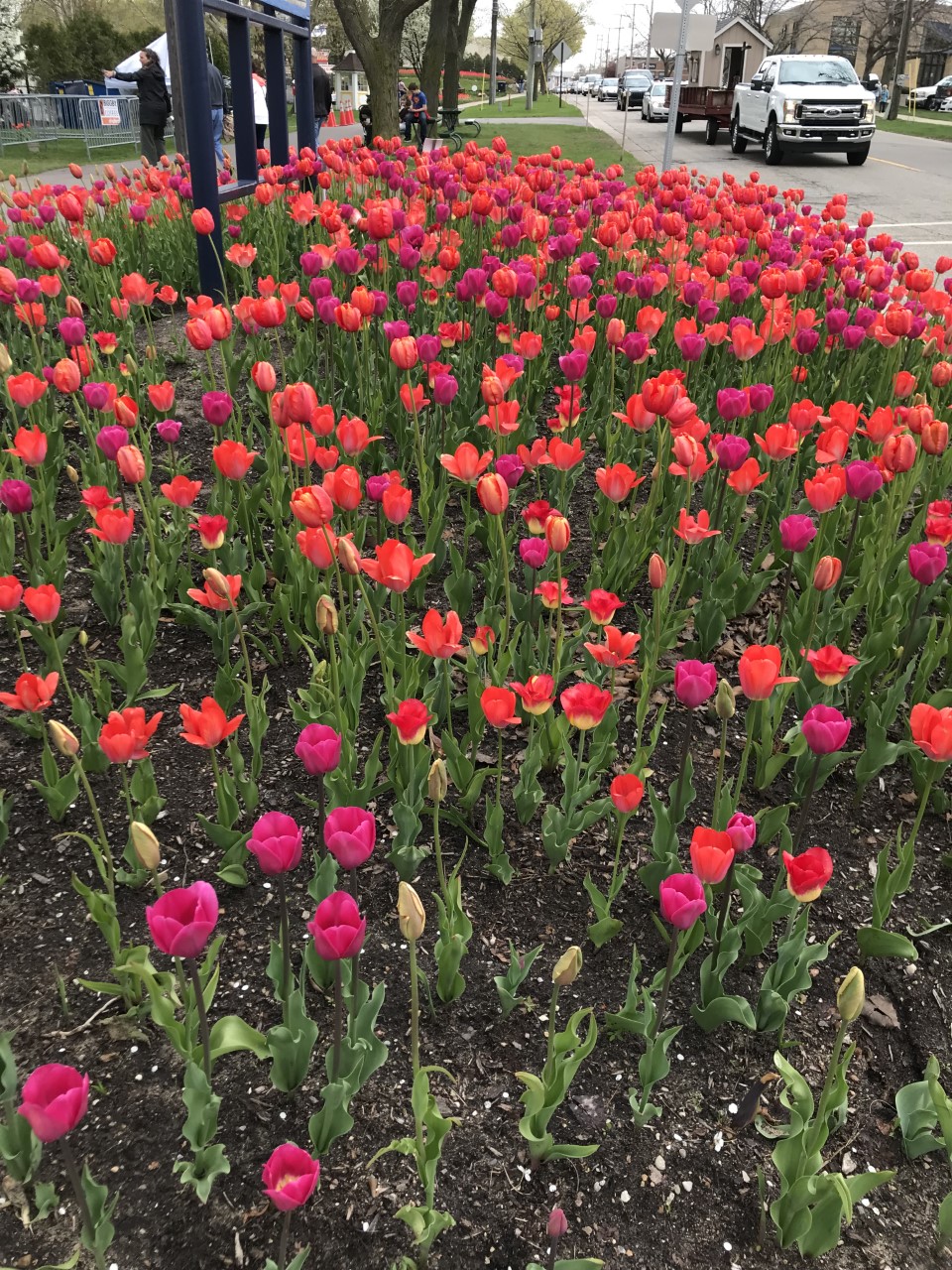
Perhaps nature’s changing seasons were meant to teach us that life also has seasons of darkness and cold—but that God can bring renewed life, even from situations that seem beyond hope. I don’t think it’s an accident that the joy of Easter and Christ’s resurrection come in the Springtime. And with the hope that He brings, maybe I can patiently wait just a little longer for that “hopeless” situation or “dead” relationship to finally bear fruit.
“As long as the earth endures, seedtime and harvest, cold and heat, summer and winter, day and night will never cease.” Genesis 8:22
- 2303
- 10
- 3






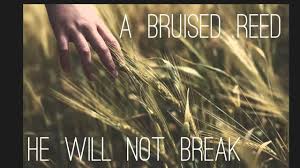
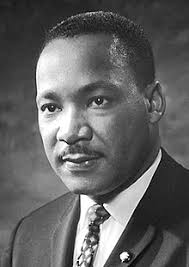
 As I grew older, news of the Civil Rights Movement appeared on the front pages of the newspapers and in nightly newscasts. I knew that a great war was being fought, with soldiers and guns and the deaths of innocent civilians. The battle divided our nation. I was a teenager when Dr. Martin Luther King, Jr. was assassinated, his death the result of hatred and racism. In spite of all the laws and amendments our government had passed, the injustice I had glimpsed as a child continued. Sadly, some fifty years later, it still continues.
As I grew older, news of the Civil Rights Movement appeared on the front pages of the newspapers and in nightly newscasts. I knew that a great war was being fought, with soldiers and guns and the deaths of innocent civilians. The battle divided our nation. I was a teenager when Dr. Martin Luther King, Jr. was assassinated, his death the result of hatred and racism. In spite of all the laws and amendments our government had passed, the injustice I had glimpsed as a child continued. Sadly, some fifty years later, it still continues.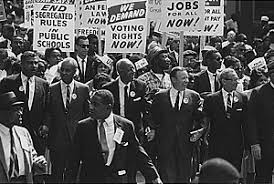
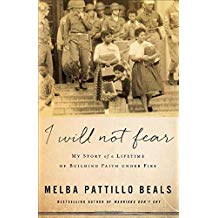
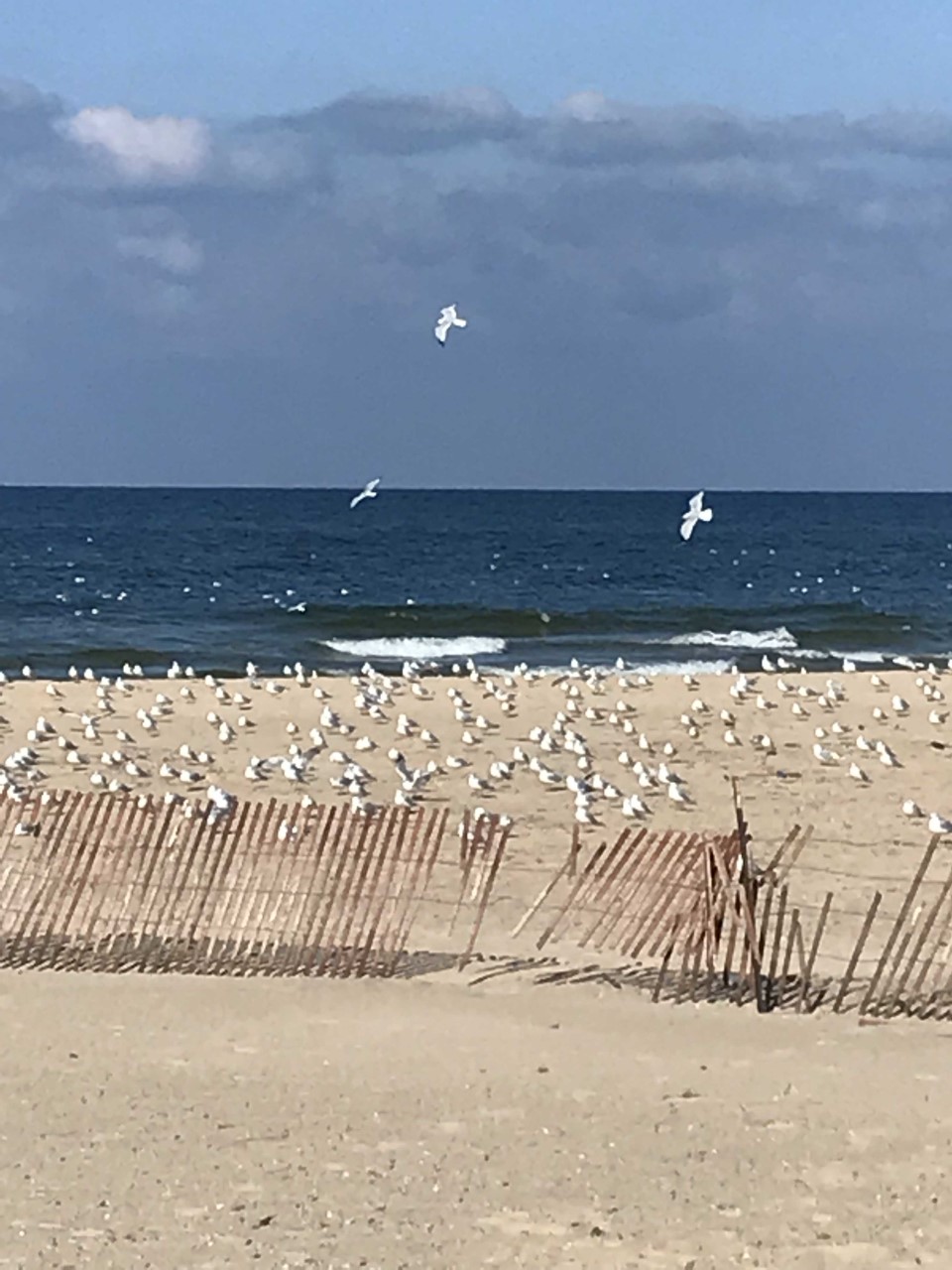
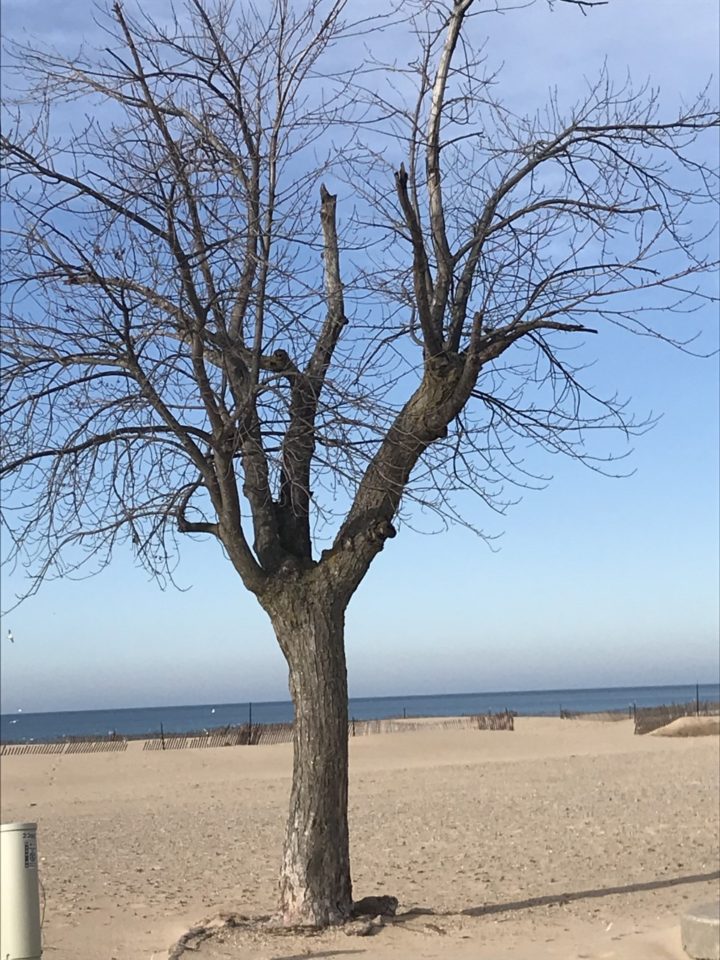
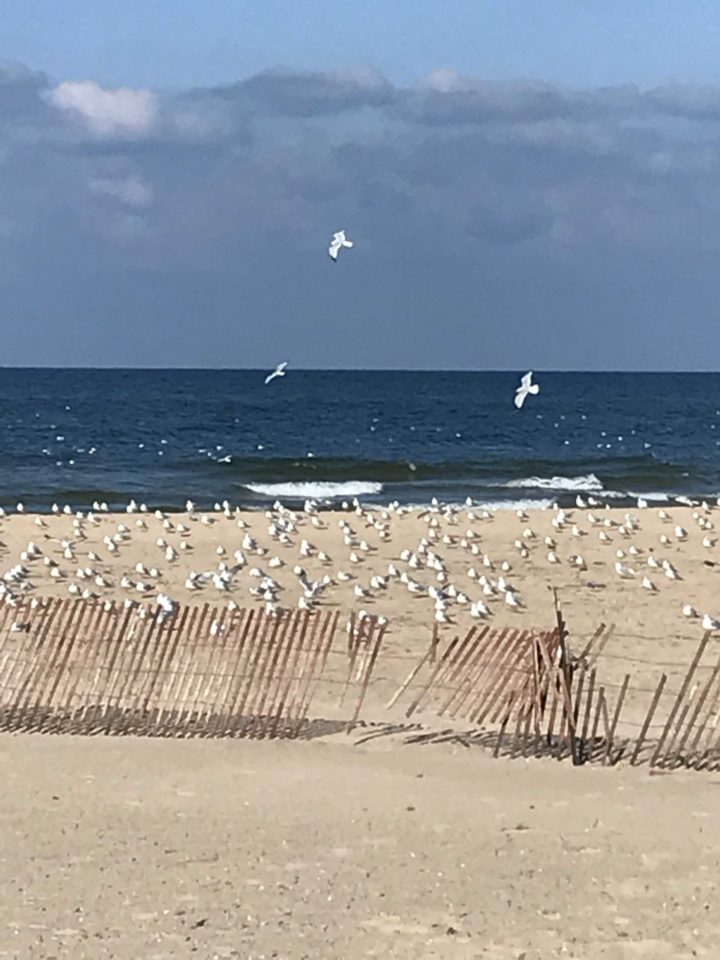
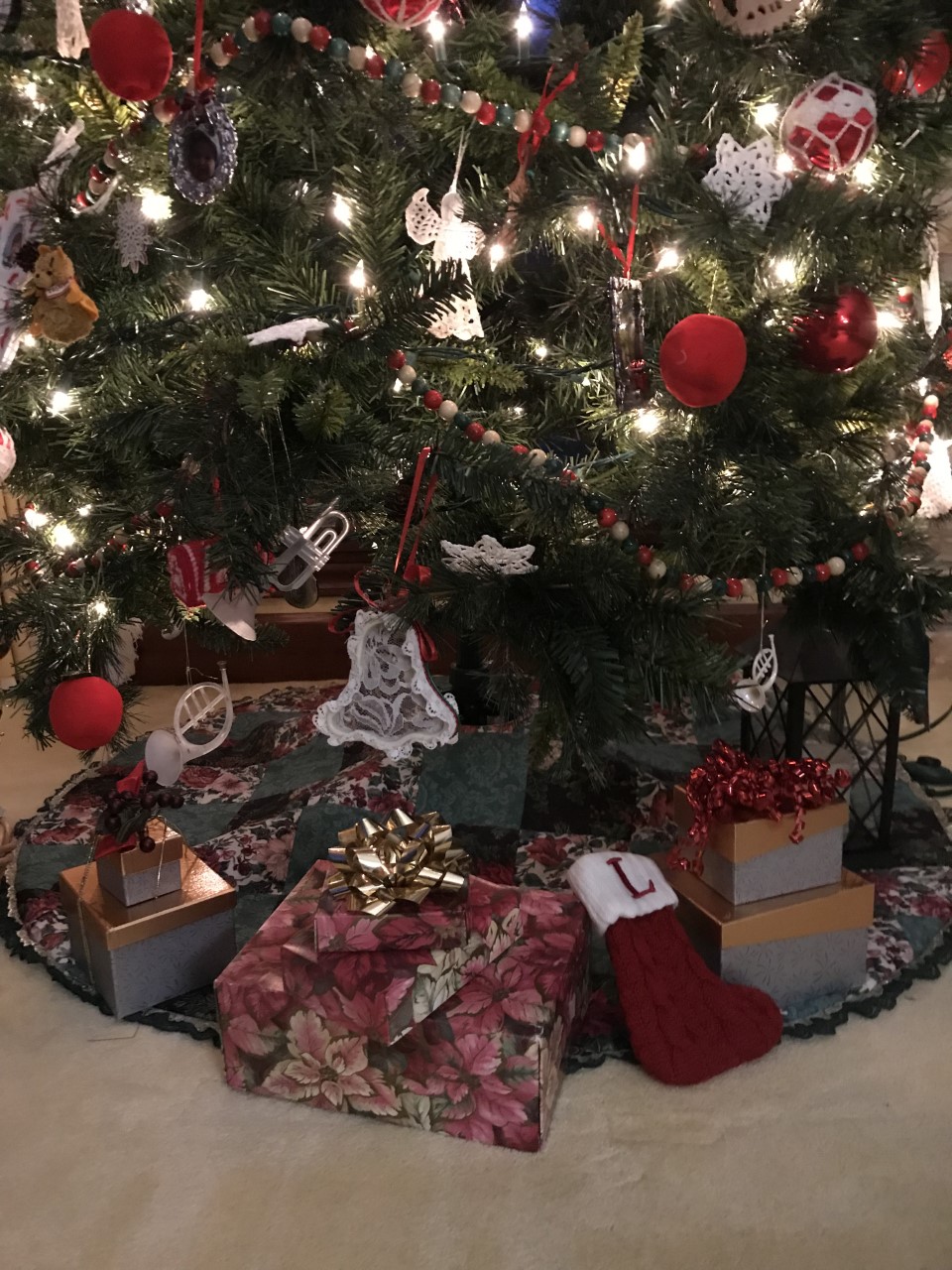

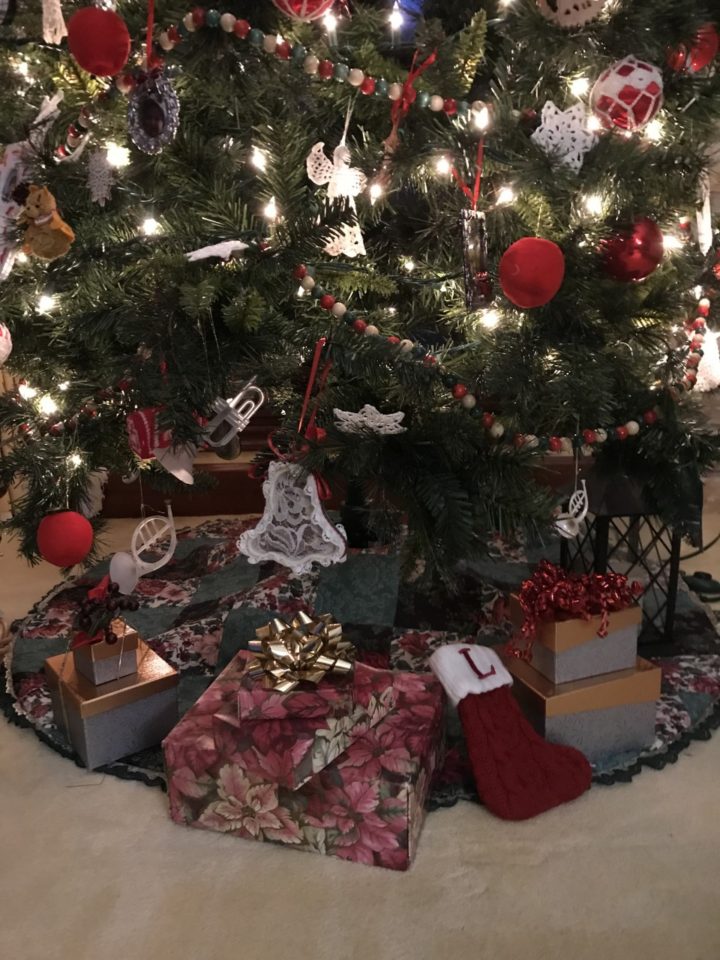
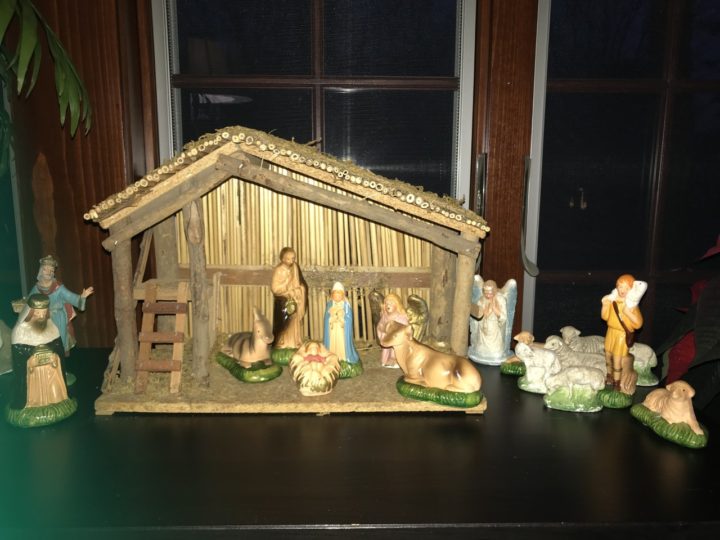
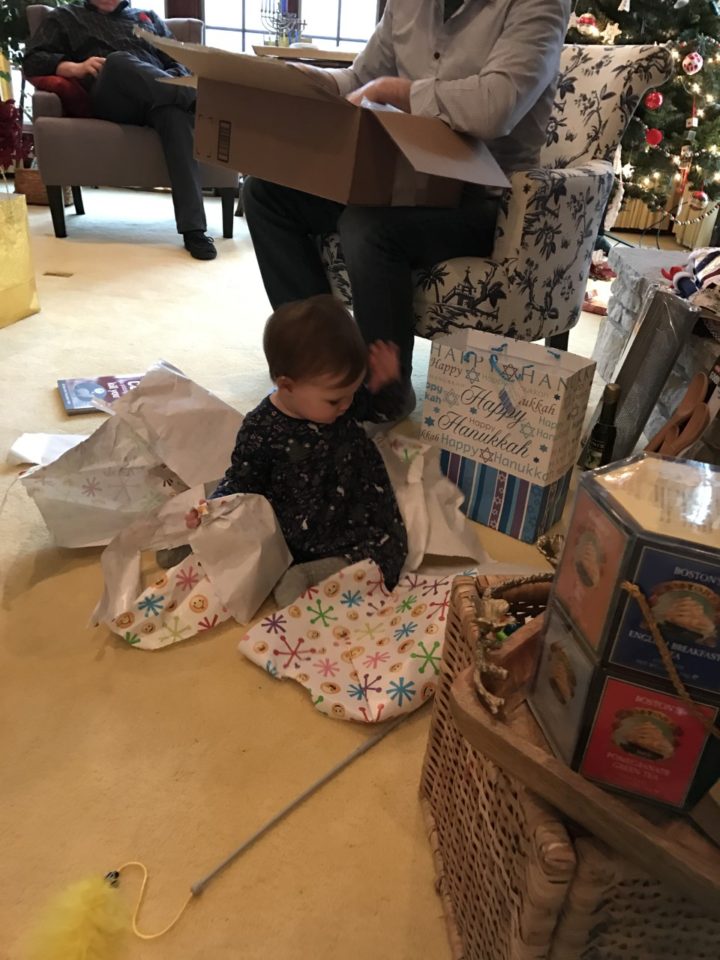


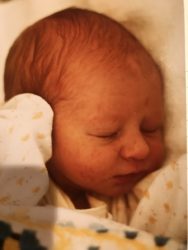
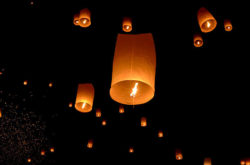
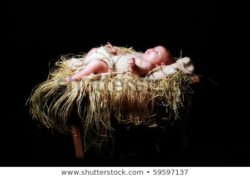

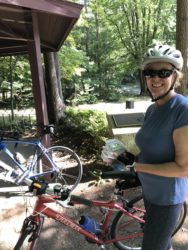

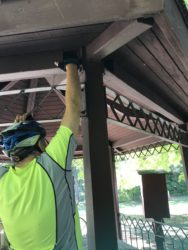
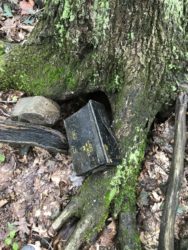
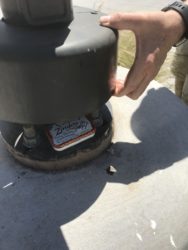
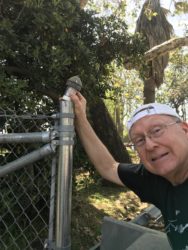
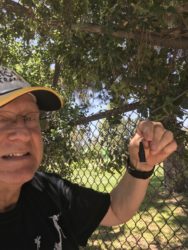
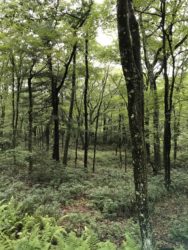




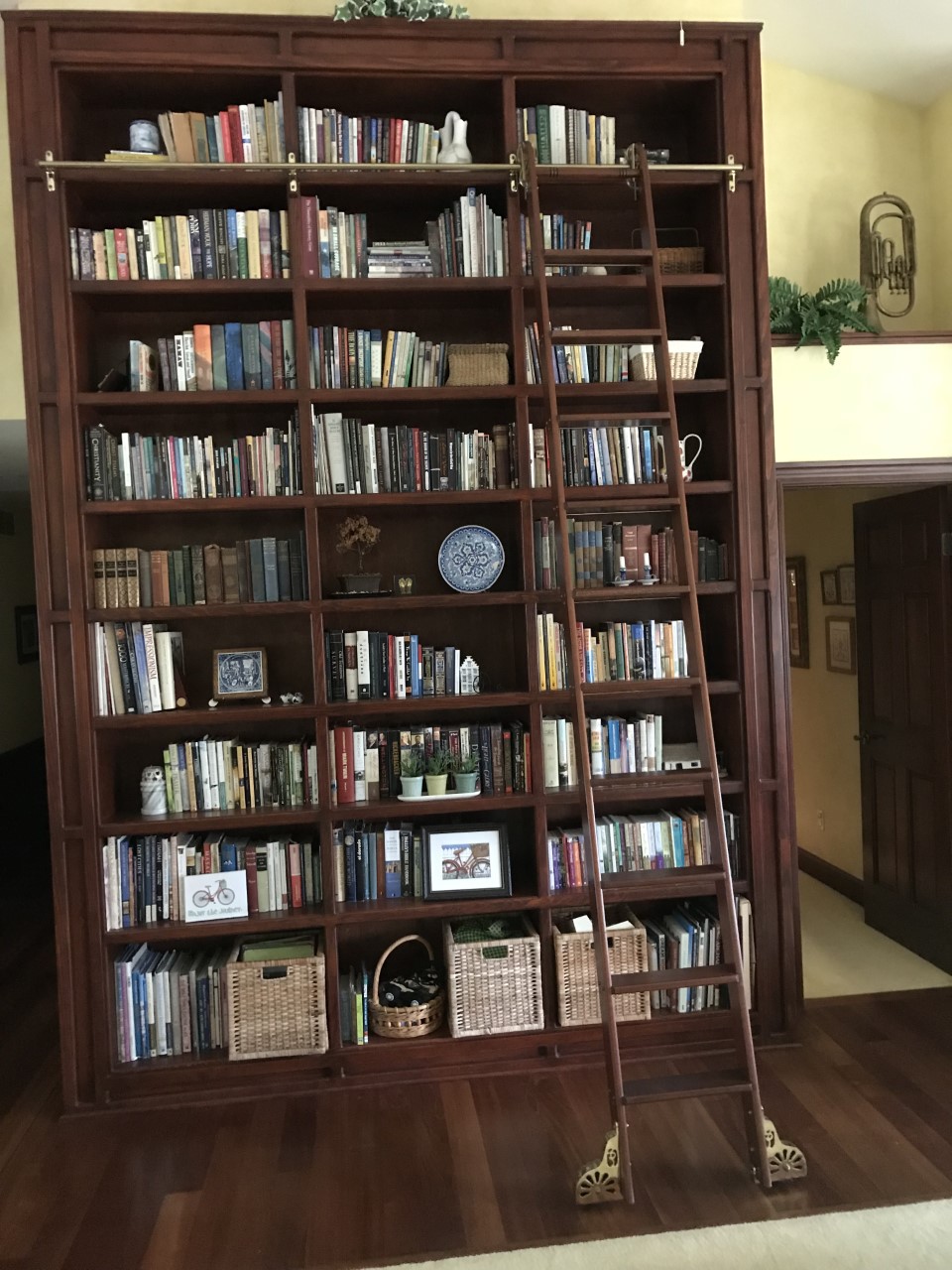
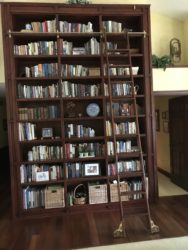 I’ve been thinking about my spiritual journey lately, along with my journey as a writer. The two are closely entwined. And I realized what a powerful, life-changing effect books have had on those journeys. Space doesn’t allow me to list all the books that have influenced me, but four stand out.
I’ve been thinking about my spiritual journey lately, along with my journey as a writer. The two are closely entwined. And I realized what a powerful, life-changing effect books have had on those journeys. Space doesn’t allow me to list all the books that have influenced me, but four stand out.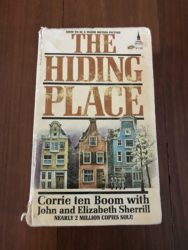 The first is “The Hiding Place” by Corrie Ten Boom. Corrie and her family lived uneventful lives in The Netherlands until the Nazis invaded. Then their faith in God and deep love for Christ compelled them to hide Jews in their home, trying to save as many people as possible. Corrie, her sister Betsy, and their father were arrested and sent to prison camps. Only Corrie survived.
The first is “The Hiding Place” by Corrie Ten Boom. Corrie and her family lived uneventful lives in The Netherlands until the Nazis invaded. Then their faith in God and deep love for Christ compelled them to hide Jews in their home, trying to save as many people as possible. Corrie, her sister Betsy, and their father were arrested and sent to prison camps. Only Corrie survived.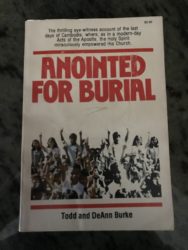 I read the second life-changing book shortly after we returned to the United States. “Anointed for Burial” by Todd and DeAnn Burke tells the true story of missionaries to Cambodia in the final, life-threatening years before the nation fell to the Communists. Again, I was impressed by their tremendous faith to endure fiery trials. For months, they lived in such perilous conditions that they needed to hear God speaking on a daily, and sometimes hourly, basis. They developed the habit of reading scripture three times a day, and God miraculously spoke to them through the Bible, offering wisdom and guidance when they needed it most.
I read the second life-changing book shortly after we returned to the United States. “Anointed for Burial” by Todd and DeAnn Burke tells the true story of missionaries to Cambodia in the final, life-threatening years before the nation fell to the Communists. Again, I was impressed by their tremendous faith to endure fiery trials. For months, they lived in such perilous conditions that they needed to hear God speaking on a daily, and sometimes hourly, basis. They developed the habit of reading scripture three times a day, and God miraculously spoke to them through the Bible, offering wisdom and guidance when they needed it most.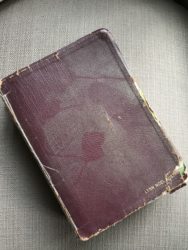 The Bible is the third life-changing book. Like Todd and DeAnn Burke, I have found it to be a comfort and a source of wisdom. But best of all, the picture of God and His eternal plan that emerged as I read it, accomplished what I had longed for back in Bogota—to draw closer to Him, to get to know Him, and to strengthen my spiritual walk.
The Bible is the third life-changing book. Like Todd and DeAnn Burke, I have found it to be a comfort and a source of wisdom. But best of all, the picture of God and His eternal plan that emerged as I read it, accomplished what I had longed for back in Bogota—to draw closer to Him, to get to know Him, and to strengthen my spiritual walk.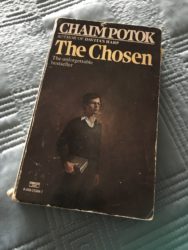 I saw in “The Chosen” an allegory of God’s inexplicable silences. And I realized that through my longing for a child, God had led me to become active in the Right-to-Life movement and to help start two crisis pregnancy centers. Through this novel, I discovered that God speaks powerfully through fiction. And it also created in me a longing to write novels like this from a Christian perspective. Christian fiction as we know it today had yet to be born, but I sensed that this was the calling God had for my life. I signed up for a creative writing course at a local college—and a month later, I learned I was pregnant with our son Benjamin. Twenty months after he arrived, our daughter Maya joined us.
I saw in “The Chosen” an allegory of God’s inexplicable silences. And I realized that through my longing for a child, God had led me to become active in the Right-to-Life movement and to help start two crisis pregnancy centers. Through this novel, I discovered that God speaks powerfully through fiction. And it also created in me a longing to write novels like this from a Christian perspective. Christian fiction as we know it today had yet to be born, but I sensed that this was the calling God had for my life. I signed up for a creative writing course at a local college—and a month later, I learned I was pregnant with our son Benjamin. Twenty months after he arrived, our daughter Maya joined us.